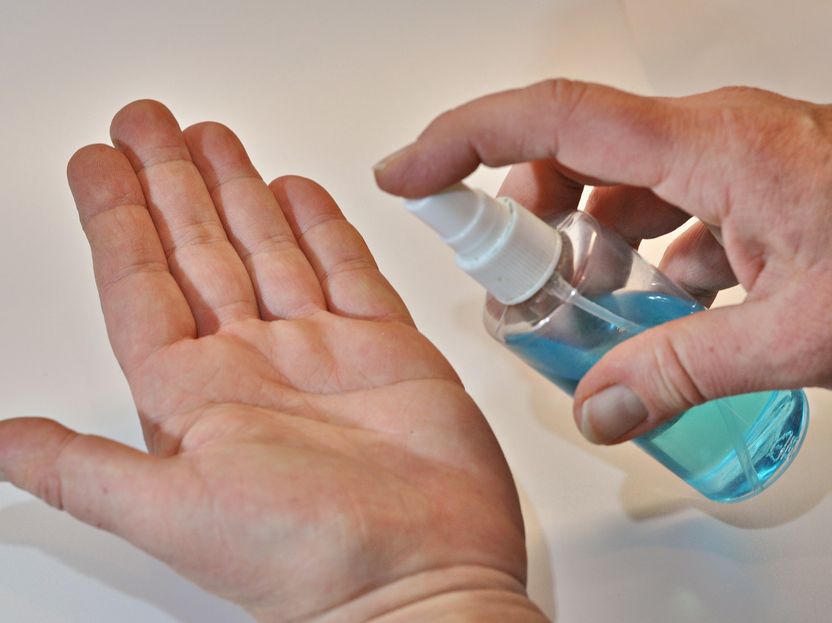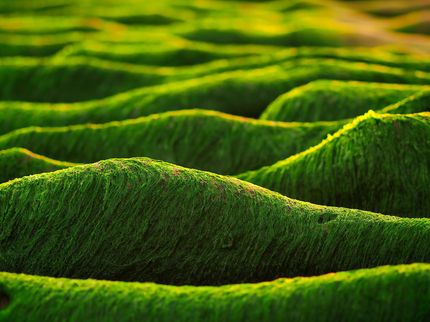Disinfectant from plant waste such as coffee, quince or rhododendrons
New research project at Jacobs University
Advertisement
It is said to be more effective than previous products, to be more widely applicable and to be obtained from waste from plants such as coffee, quince or rhododendrons: Funded by the Bremer Aufbau-Bank GmbH, researchers at Jacobs University Bremen want to develop a new disinfectant in cooperation with the Bremen companies "ProPure - Protect" and "Just in Air". "We can apply our many years of research to an important subject area that has become increasingly prominent with the corona crisis," says chemistry professor Nikolai Kuhnert. He is leading the project on the Jacobs University side together with his colleague Matthias Ullrich, Professor of Microbiology.

renateko/ Pixabay
The duo has long been working on the antibacterial and antiviral effects of natural substances. A television report about their research on rhododendrons brought them into contact with the two Bremen-based companies. "ProPure - Protect" and "Just in Air" are specialized in hygiene processes in the food industry. Among other things, they have developed technologies that allow the spraying of disinfectants during the production process, i.e. while people are working.
As part of its "Applied Environmental Research" funding programme, Bremer Aufbau-Bank is supporting the project with 100,000 euros over a period of two years. The aim is not only to increase the effectiveness of the disinfectant, but also to further develop the technology. For example, spraying in airplanes, public transport or hospitals during operation is to become possible.
Coffee waste products contain a number of antibacterial substances. "For example, we will use the outer skin of the coffee bean It is removed before roasting and accumulates as waste at the roasting companies in Bremen," says Kuhnert. The researchers also want to use compounds from the remains of quince and rhododendrons. In this way, the scientists' many years of research will result in a practical product. "And it will be green, organic and sustainable," says Kuhnert.
Note: This article has been translated using a computer system without human intervention. LUMITOS offers these automatic translations to present a wider range of current news. Since this article has been translated with automatic translation, it is possible that it contains errors in vocabulary, syntax or grammar. The original article in German can be found here.
Most read news
Other news from the department science

Get the food & beverage industry in your inbox
By submitting this form you agree that LUMITOS AG will send you the newsletter(s) selected above by email. Your data will not be passed on to third parties. Your data will be stored and processed in accordance with our data protection regulations. LUMITOS may contact you by email for the purpose of advertising or market and opinion surveys. You can revoke your consent at any time without giving reasons to LUMITOS AG, Ernst-Augustin-Str. 2, 12489 Berlin, Germany or by e-mail at revoke@lumitos.com with effect for the future. In addition, each email contains a link to unsubscribe from the corresponding newsletter.





























































